Yoshikien Garden
From the front of the Isuien Garden’s entrance gate, the Yoshikien Garden is located just on the right across the Yoshikigawa River. The garden is also a 15-minute walk or 5-minute bus ride from Nara Station. The admission fee for foreign visitors is free! Which make visiting this stunning garden a no brainer!
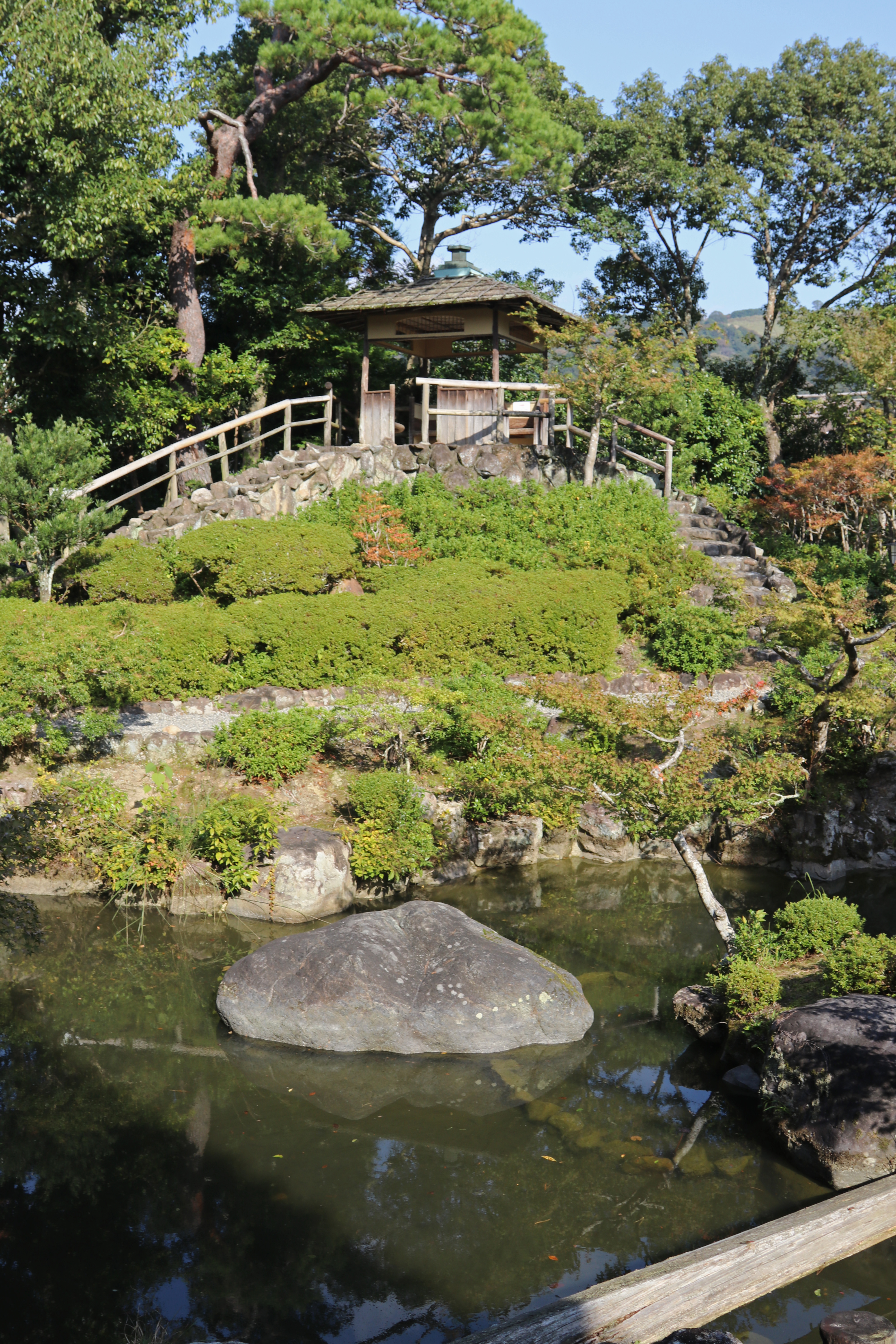
It’s said,
according to an old picture inherited by Kofukuji Temple, a temple named
Manishium used to sit on the place of the present Yoshikien Garden. When Japan
entered the Meiji Period (1868 – 1912), the area became a privately owned site.
After the construction of the present garden and buildings in 1919, the
ownership was transferred to Nara prefecture. The garden has been open to the
public since April 1989, for visitors to explore and attend tea ceremonies.
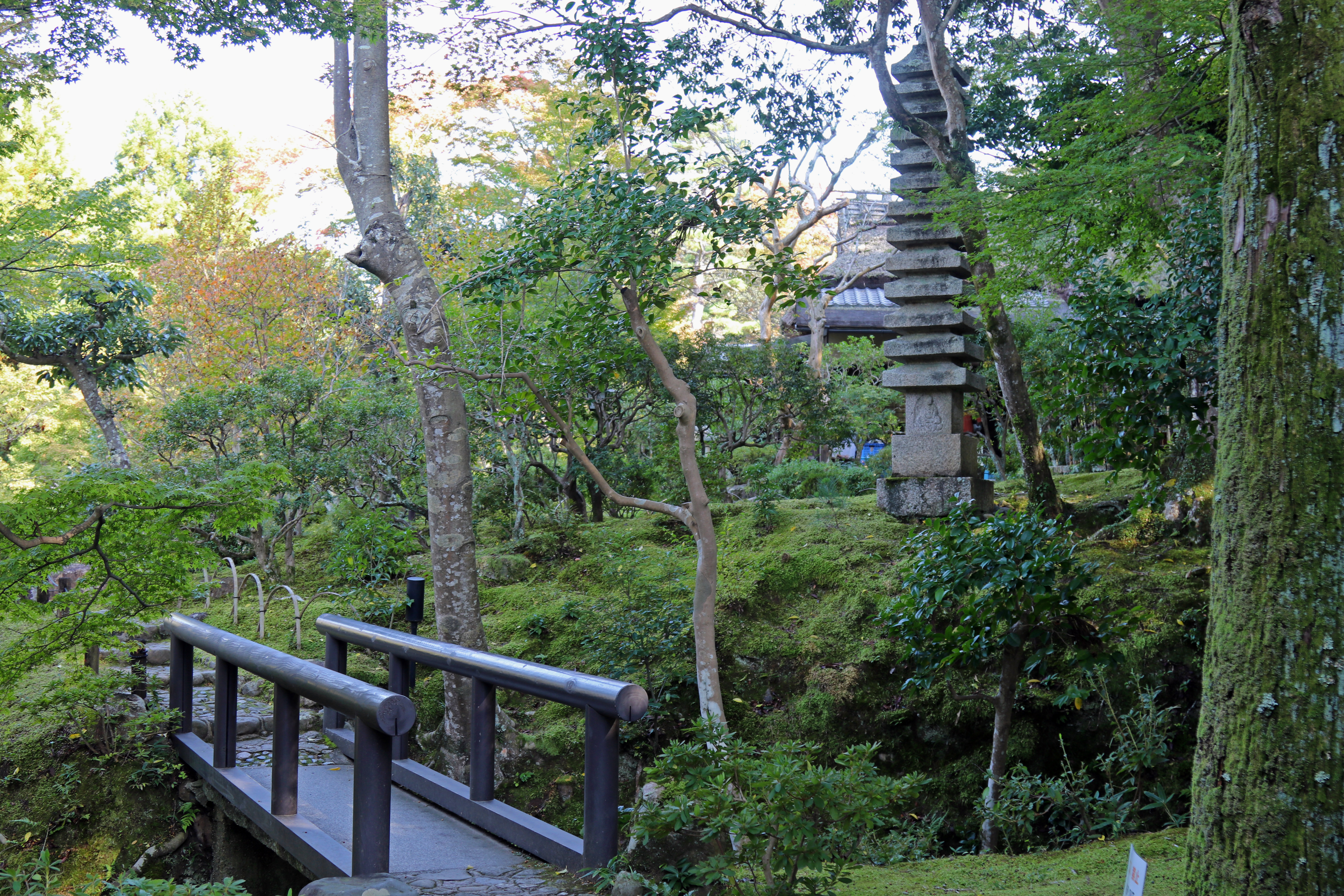
We certainly enjoyed our time walking around the garden, taking in it is features and viewpoints!
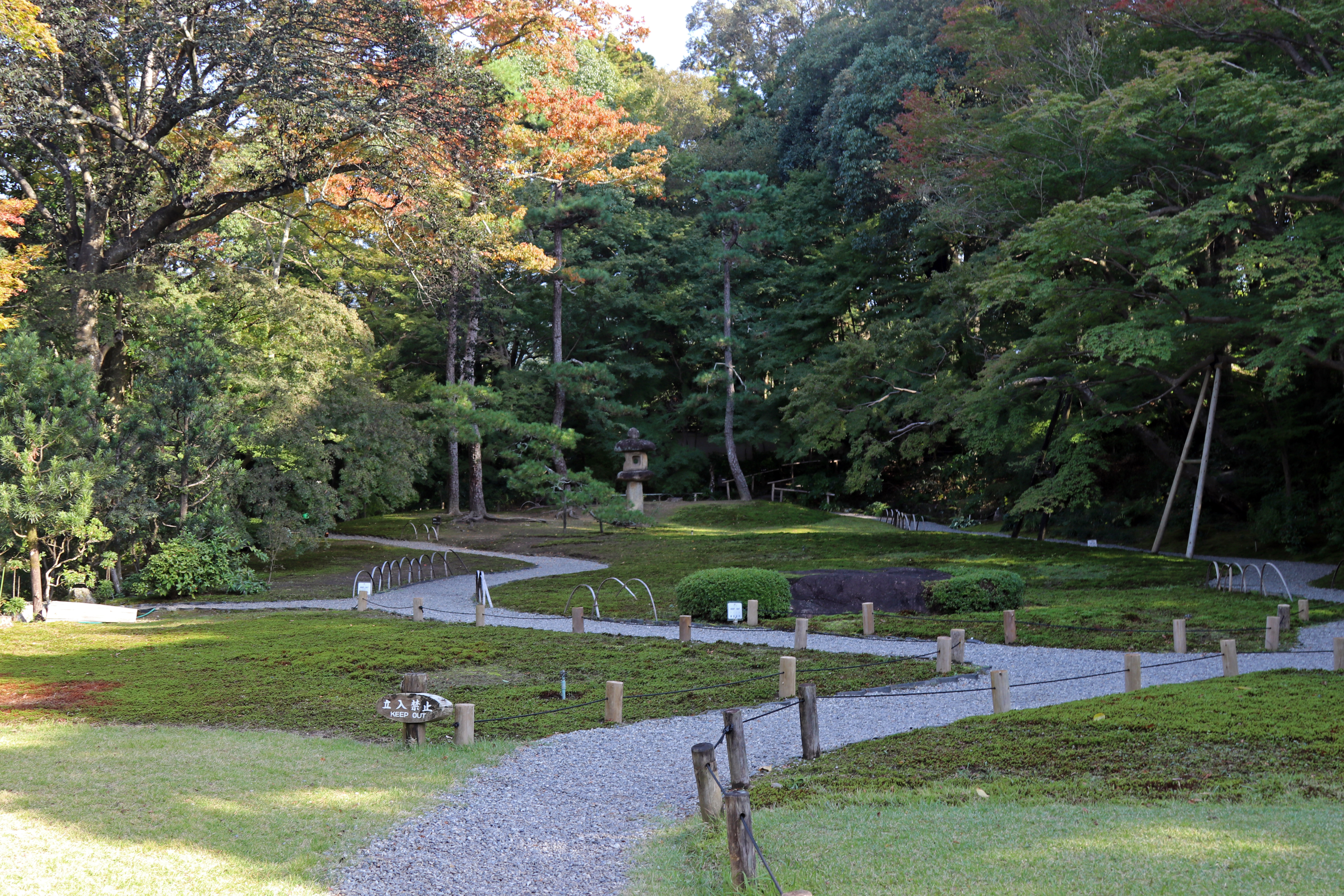
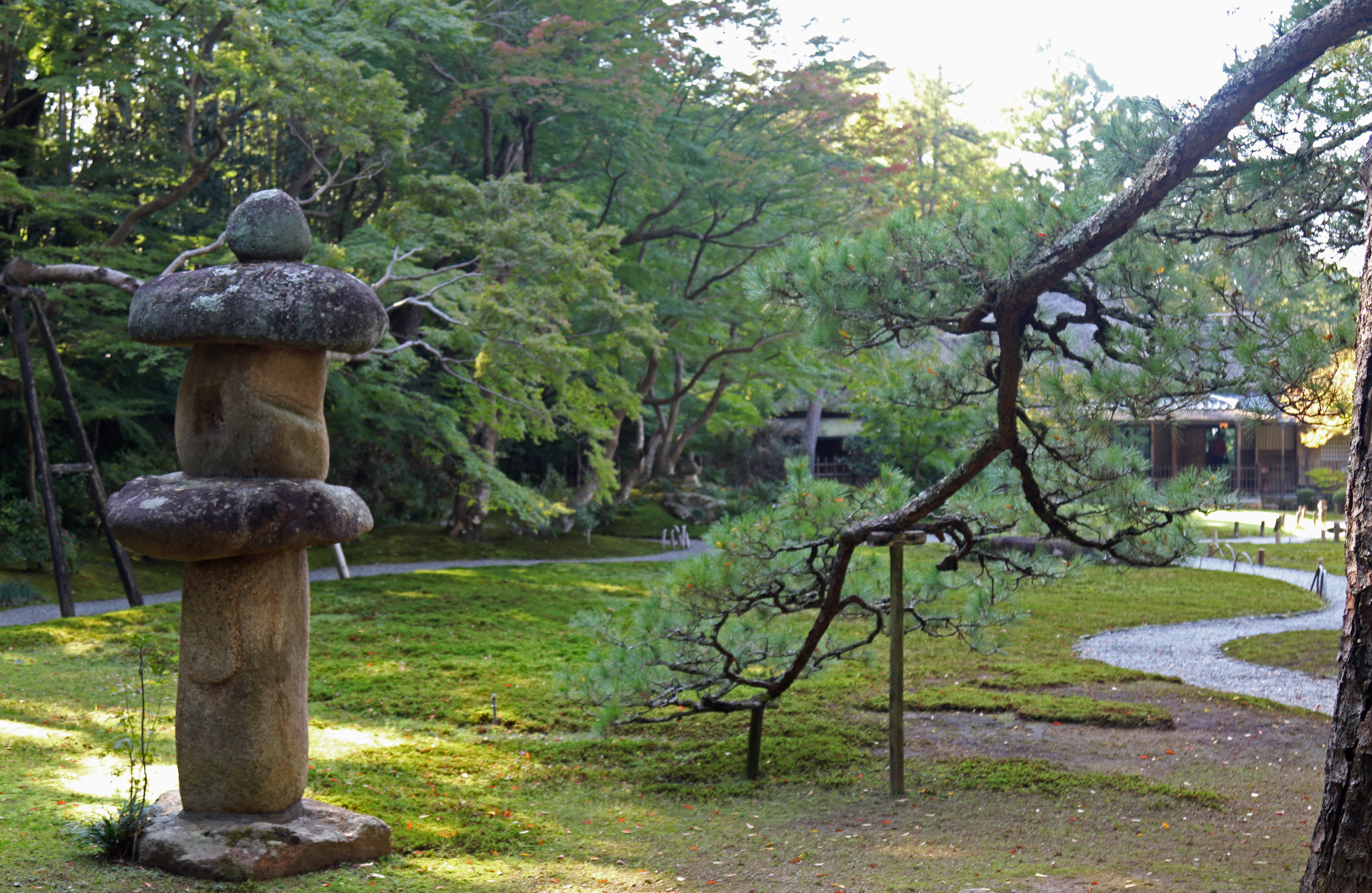
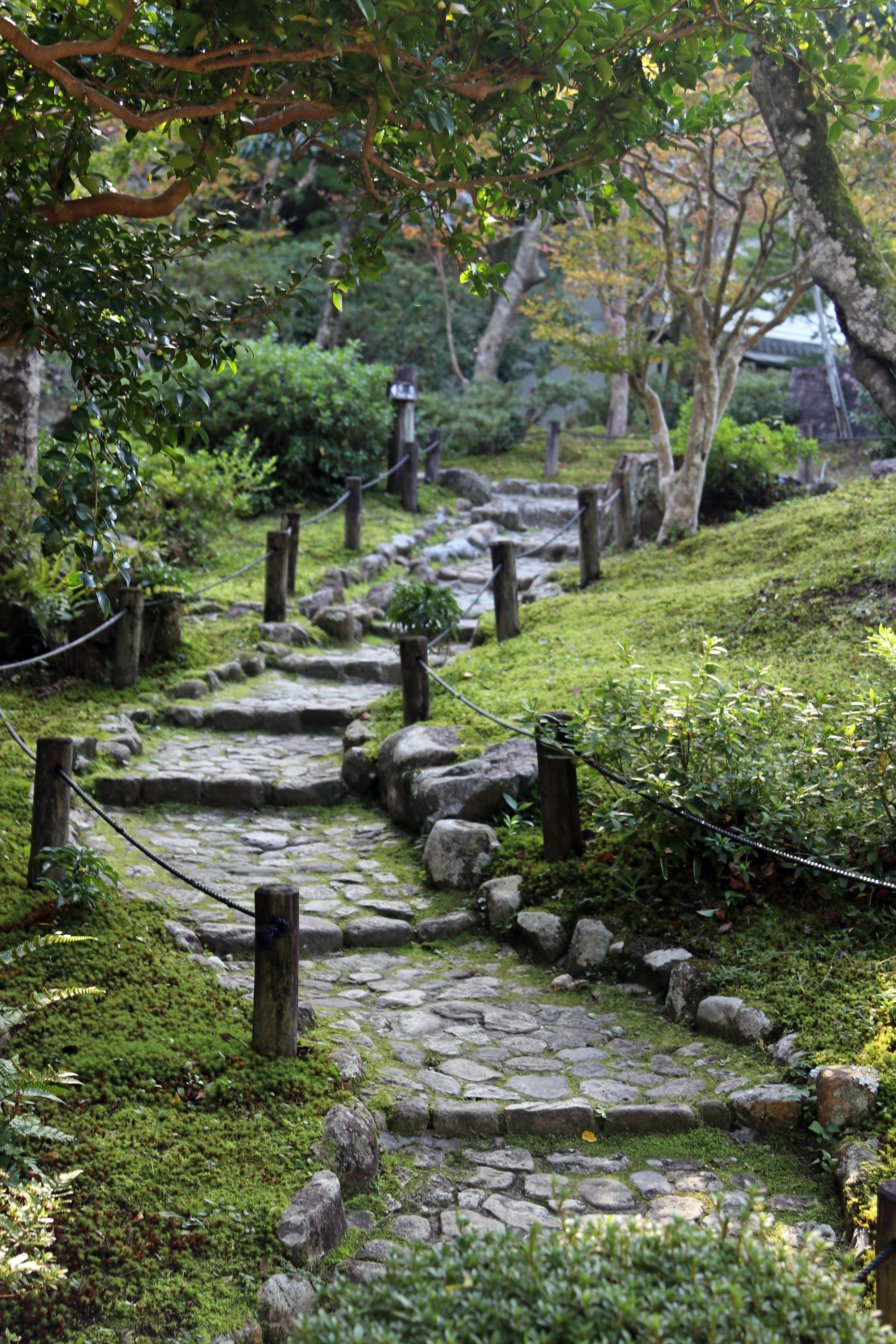
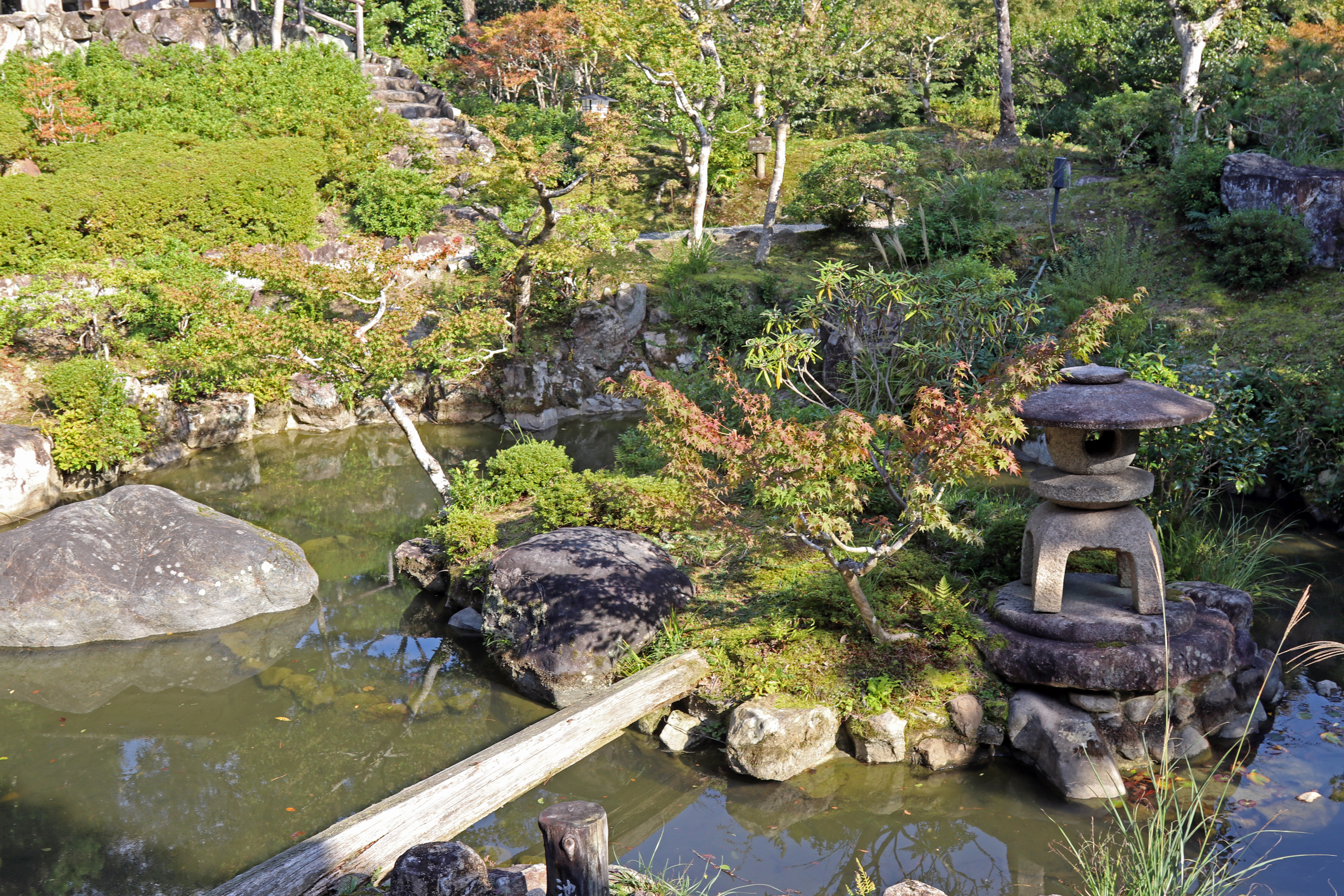
Like Isuien, the Yoshikien Garden is another attractive and enjoyable Japanese garden, made up of a pond garden, moss garden and a tea ceremony flower garden…which is quite unique as it provides the opportunity to see three different types of Japanese gardens in one place! The pond garden was the first area we entered, and it is just gorgeous, with its landscaped slopes and curves being the remains from the Edo Period and incorporated into the present garden and its buildings. From there we walked into the moss garden, which is a great sight to see, and quite unusual for us, as this type of garden is just not seen here in the UK…well not on purpose anyway! The moss garden is designed to have the suitable environment for hair moss (Polytrichum) and whole area is covered with it! With the single storey thatched roofed teahouse, the garden has a quit, secluded atmosphere. Next, was the tea ceremony flower garden, which is quite simple, but a pleasant area with the brightly coloured leaves from the autumn foliage when we visited. In the spring and summer there are seasonal flowers and fresh greenery as well, which are used for the tea ceremonies.
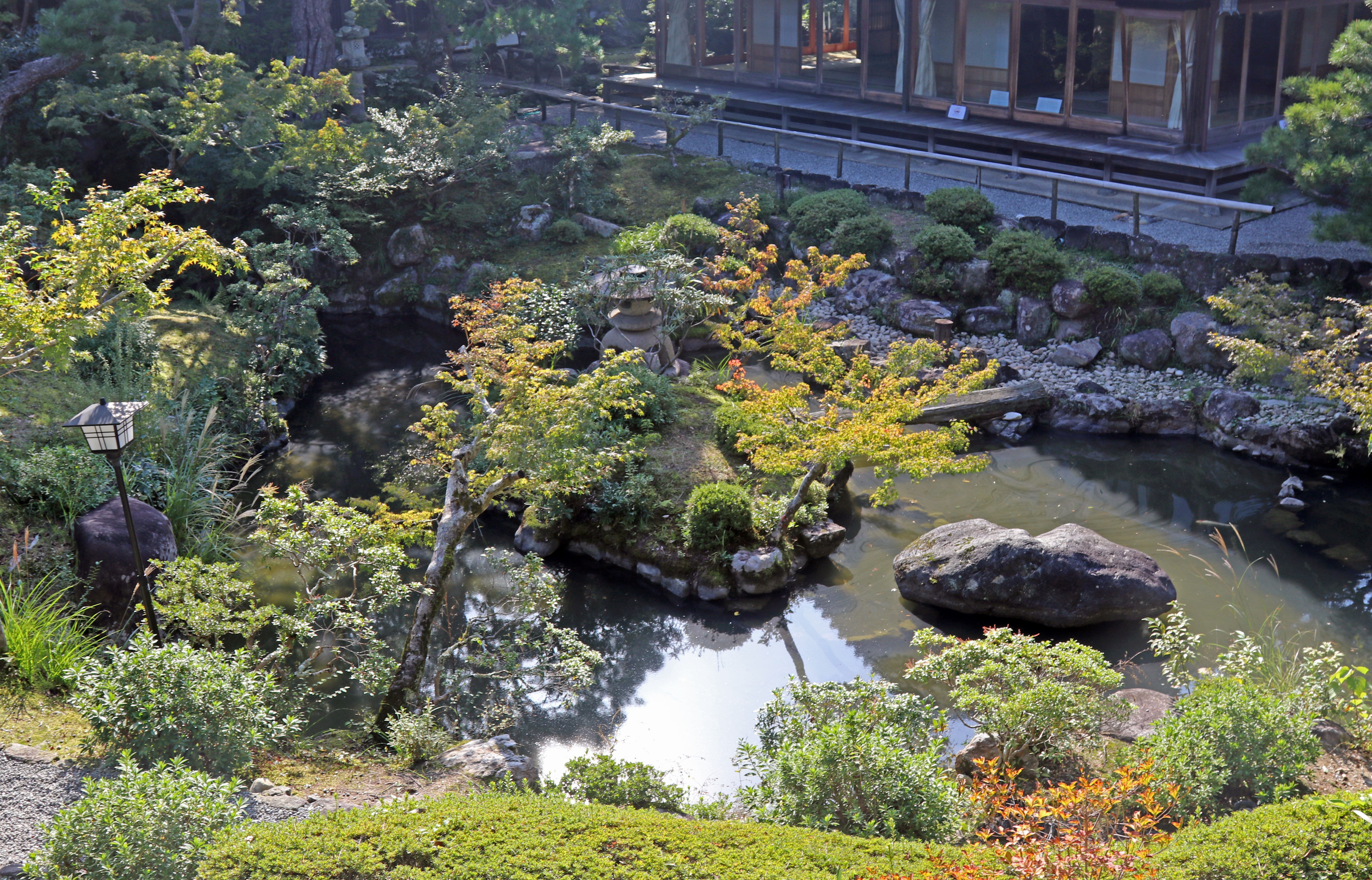
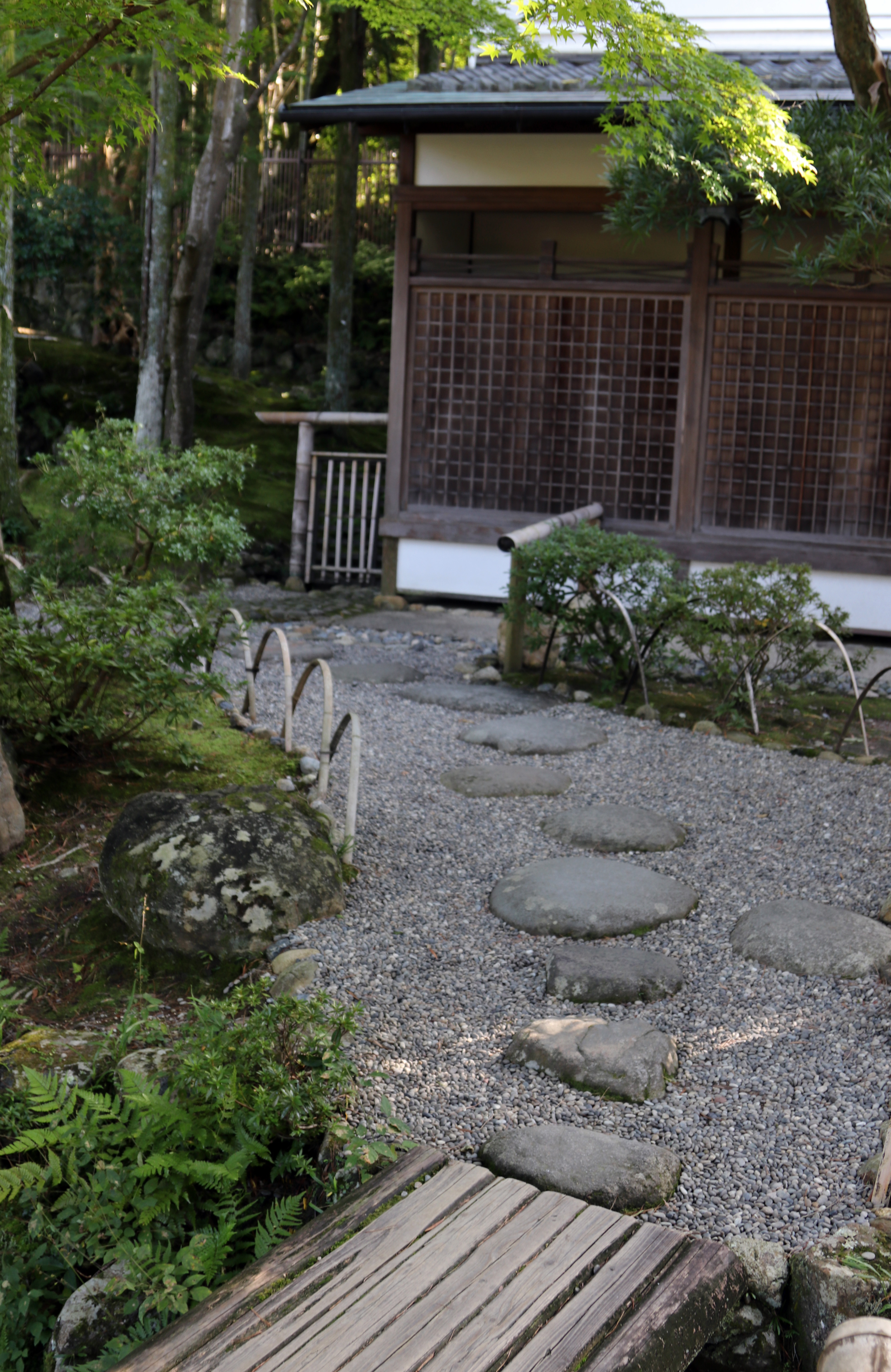
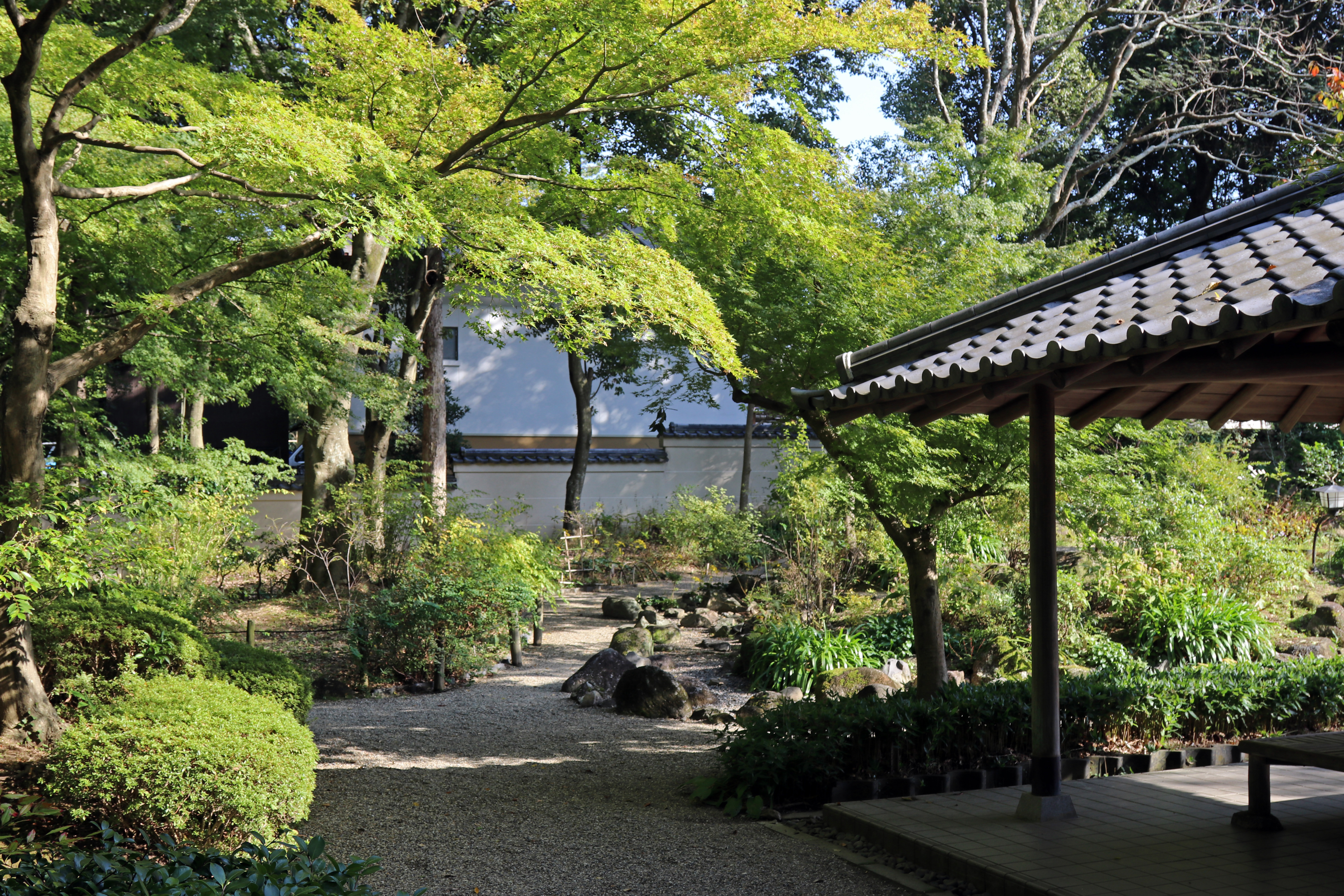
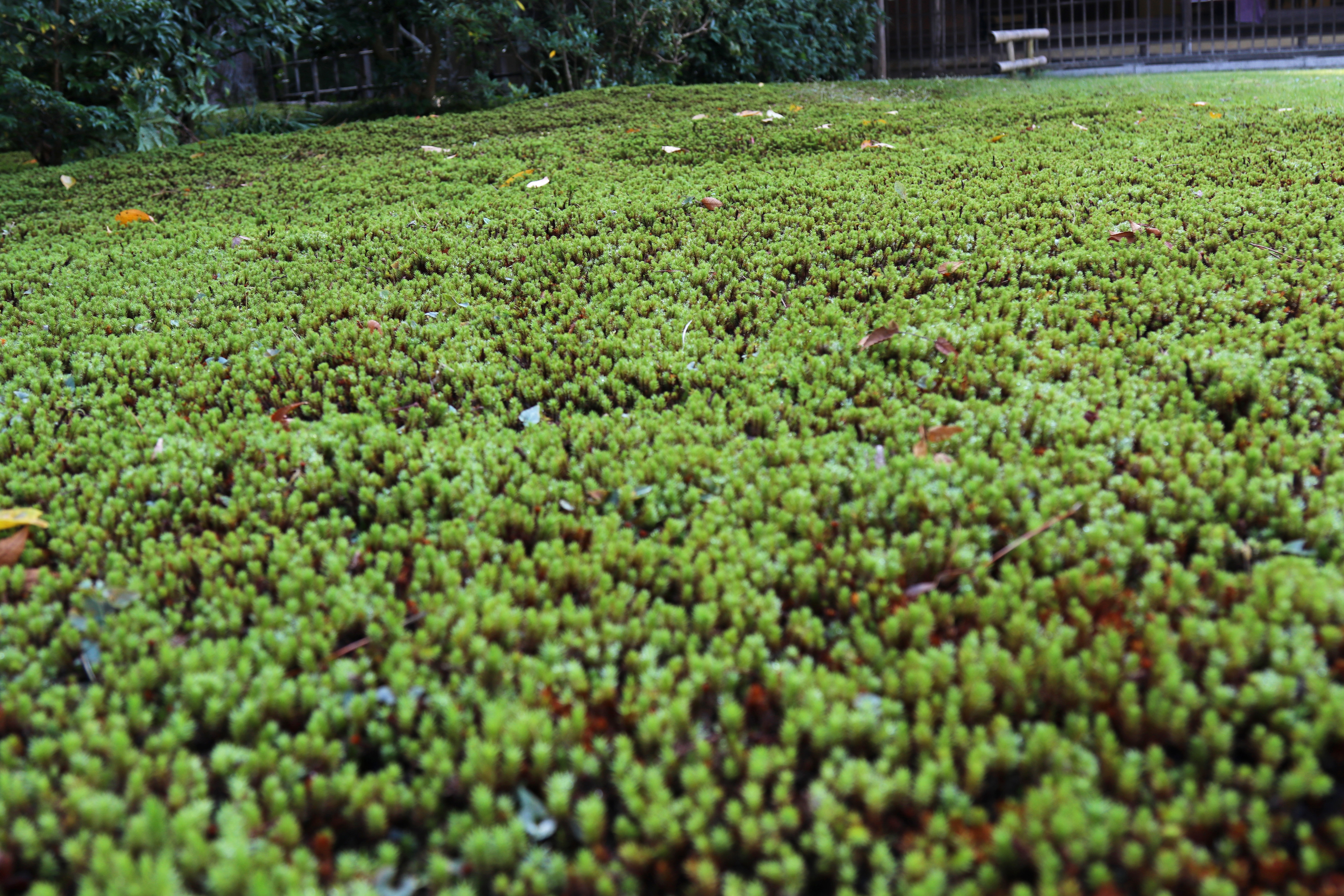
Please find our other Nara articles in the 'Nara' section of the website.
